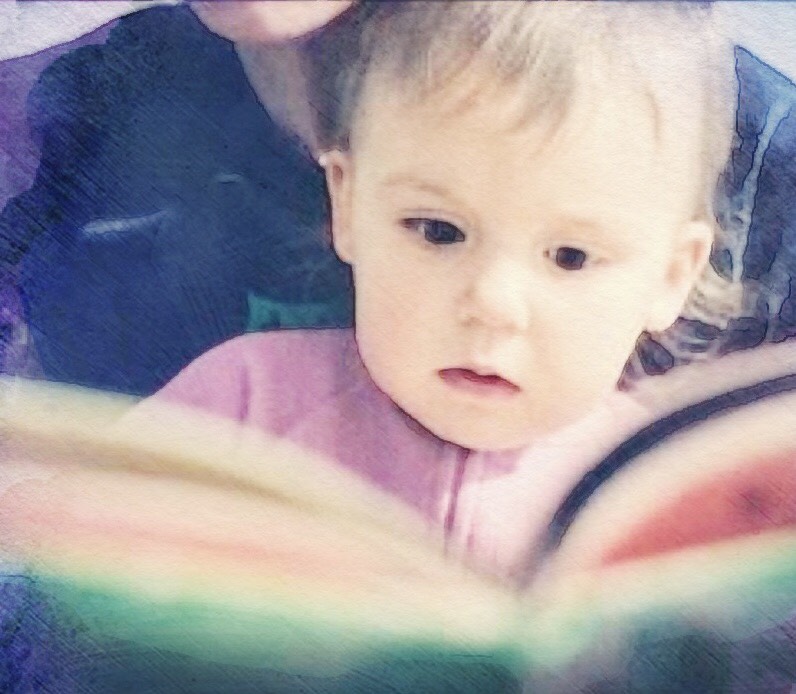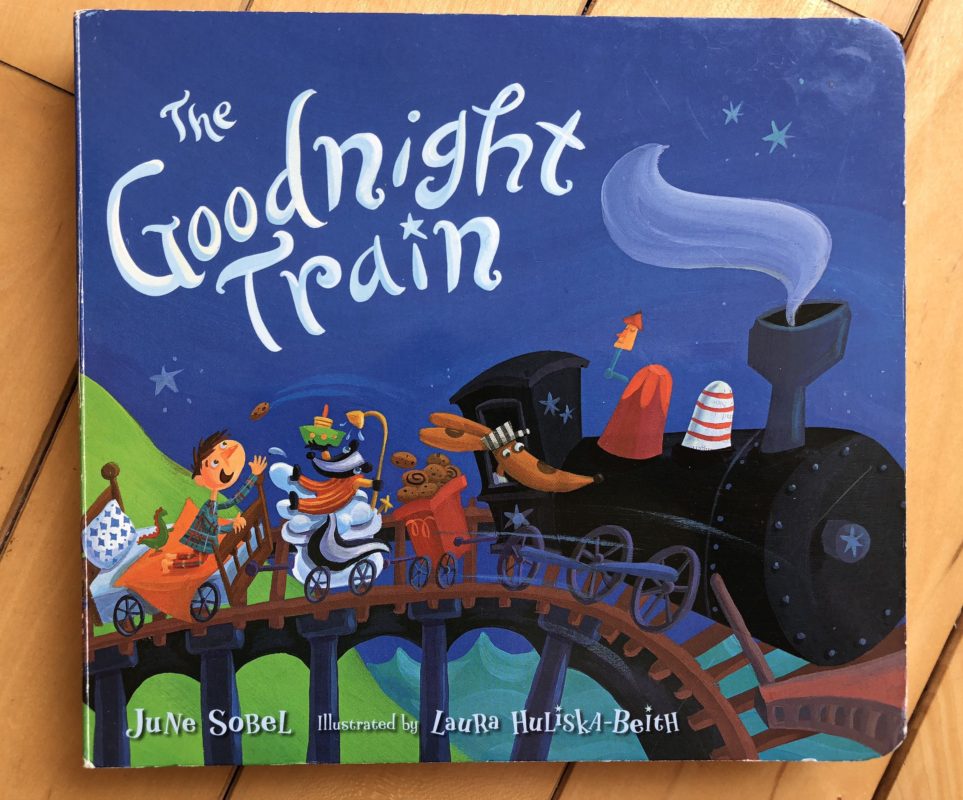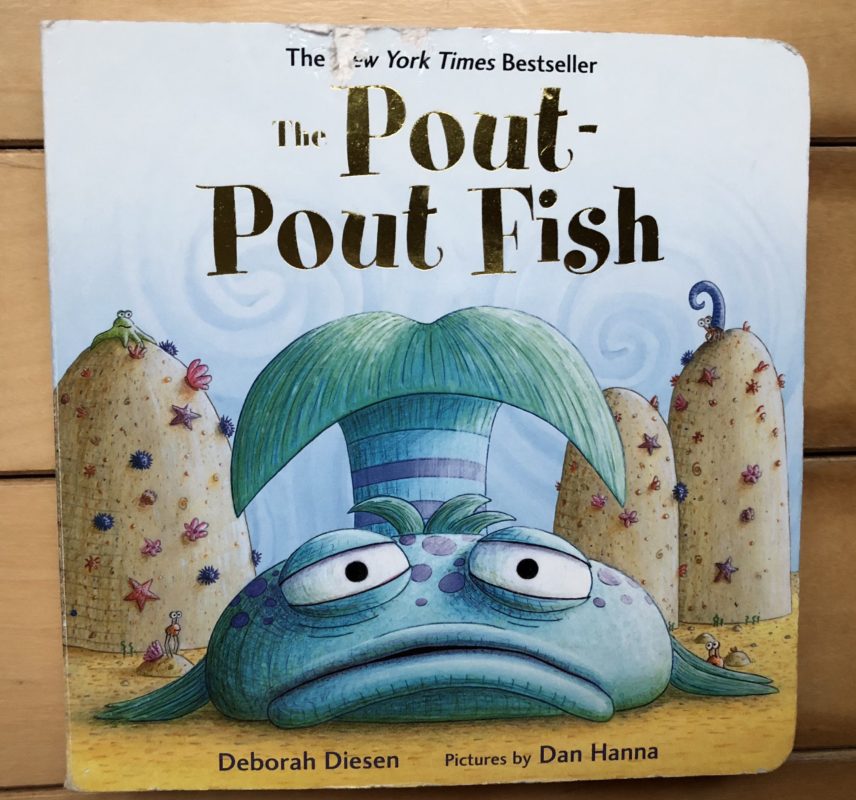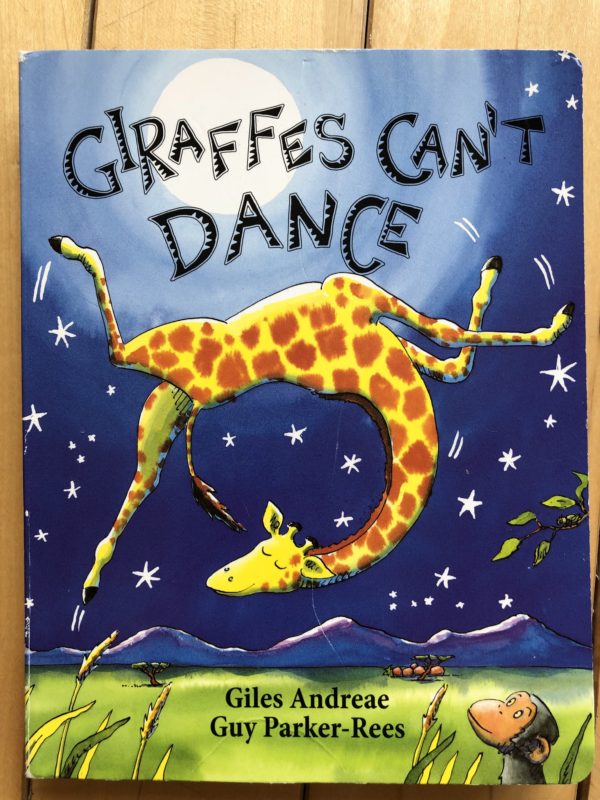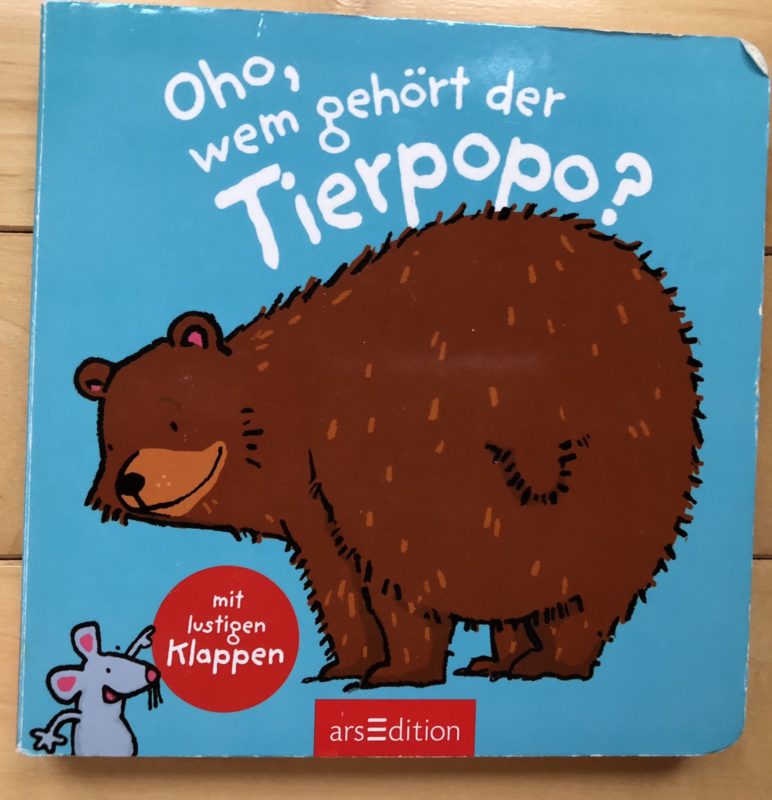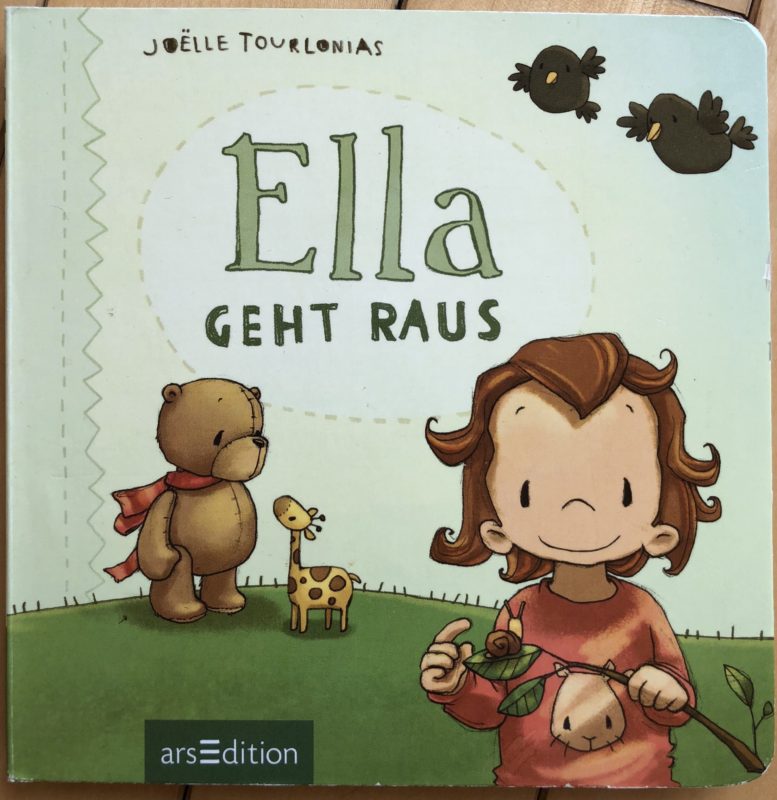Apart from feeding and keeping your child healthy and safe, reading is one of the most important activities! Reading to your child for 15 minutes per day in the minority language will already have a long and lasting impact. In fact, the American Speech-Language-Hearing Association (ASHA) mentions books as the first resource under “Ways To Help Your Child Become Bilingual“.
Here is why reading to and with your child helps her language development:
- Reading exposes children to a wide variety of new topics, contents, and words. Although you may speak with your child every day, the vocabulary you use is usually limited and repetitive. Books provide exposure to a wide variety of words that might be different from vocabulary you use in your daily communication with your kid. For example, the book On the Moon will feature content and words that are very different from Goodnight Goodnight Construction Site or The Little Mermaid. So through stories your child will be exposed to a range of topics, contents, and the words as well as language associated with them.
- If you read to children, they hear the sounds of the language. They learn how words are pronounced and pick up your local speech variety. Also, if they are a little older, reading with them may help them acquire the sound–letter (phoneme–grapheme) relationships. In other words, they may connect what they hear with what they read.
- If you use a book to engage in dialogue, you can create a genuine opportunity for conversation and interaction in the target language–both key aspects in learning a language.
- Reading regularly may motivate your child to eventually read on their own (independently) which may help them become fluent readers—a value that translates into academic success down the line.
- Reading encourages creativity and imagination. While the stories, plots, and characters inspire the kids’ imagination, so does the language. Oftentimes, language in children’s books is used in a much more creative way than in everyday conversation.
- Reading regularly (e.g., before going to bed) can strengthen the bond between you and your child because you dedicate quality time and engage in the journey together.
For those parents who struggle with raising their children bilingually simply because it’s quite a time commitment, you could–as a set routine–read the bedtime story in the minority/additional language.
Here are some book ideas in German and English for younger children:
Further reading:

